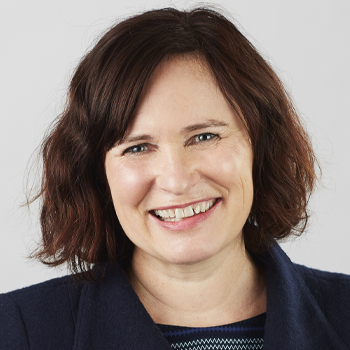Dr Lisa Wheildon was awarded the 2022 ANZSOC PhD Student Paper Award for her paper The Batty Effect: Victim-Survivors and Domestic and Family Violence Policy Change, which was co-authored with Professor Jacqui True, Associate Professor Asher Flynn and Abby Wild.
Rosie Batty and the momentum for change she helped generate through her advocacy following the murder of her son Luke inspired my PhD research. This article on the Batty effect, the first study in my PhD, is significant to me.
Like many people, I grew up surrounded by family violence in my extended family and the communities where I lived. I spent a decade working in the Victorian Government and on numerous government policies. So I know how the policy process works and how iterative substantive change can be; it’s often two steps forward and three back. I left government in 2013 to help establish Our Watch, the national foundation for preventing violence against women, and I was working there when Luke Batty was murdered in 2014. I soon came to work with Rosie as an Our Watch ambassador. I saw first-hand how she propelled the issue of family violence to the top of the public agenda in Australia like never before.
I wanted to examine the nature of that influence and explore what we might learn from it to maintain the momentum to end family violence. The question driving this study was just what role Rosie played in bringing about the multi-billion dollar reform of Victoria’s family violence system. And underpinning that question was whether or not any of the transformation would have happened without her.
Although contributing factors helped bring about the change, such as the decades of work done by women’s movements, I found that Rosie had distinct capabilities and employed strategies that made her an influential change agent. Rosie helped reframe the issue of family violence from a private to a public issue and generated community support for reform. She built networks with the expertise required to make change happen. She worked to understand stakeholders’ objectives and brought people with her. Her position as an outsider provided her with the freedom to overcome ideological and institutional divisions, and the power of her lived experience demanded attention. It is unlikely that the degree of change would have occurred without her, and that’s significant because it highlights the importance of policymakers listening to and valuing (not co-opting) lived experience.

